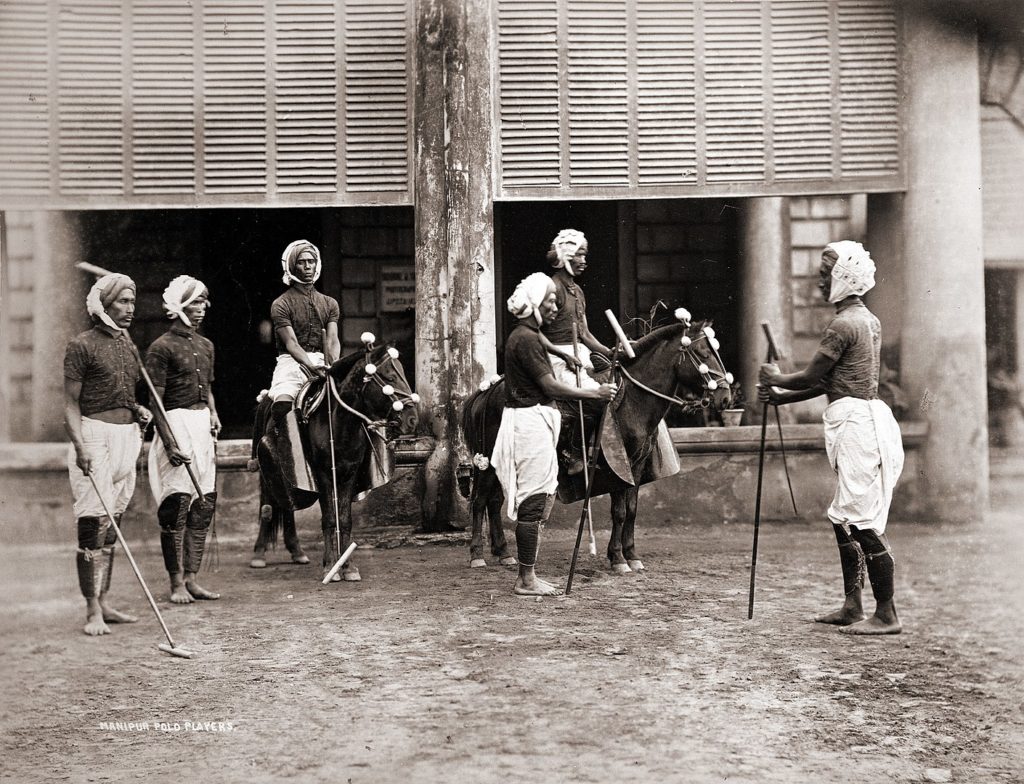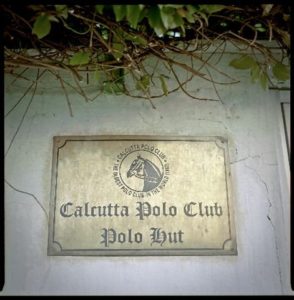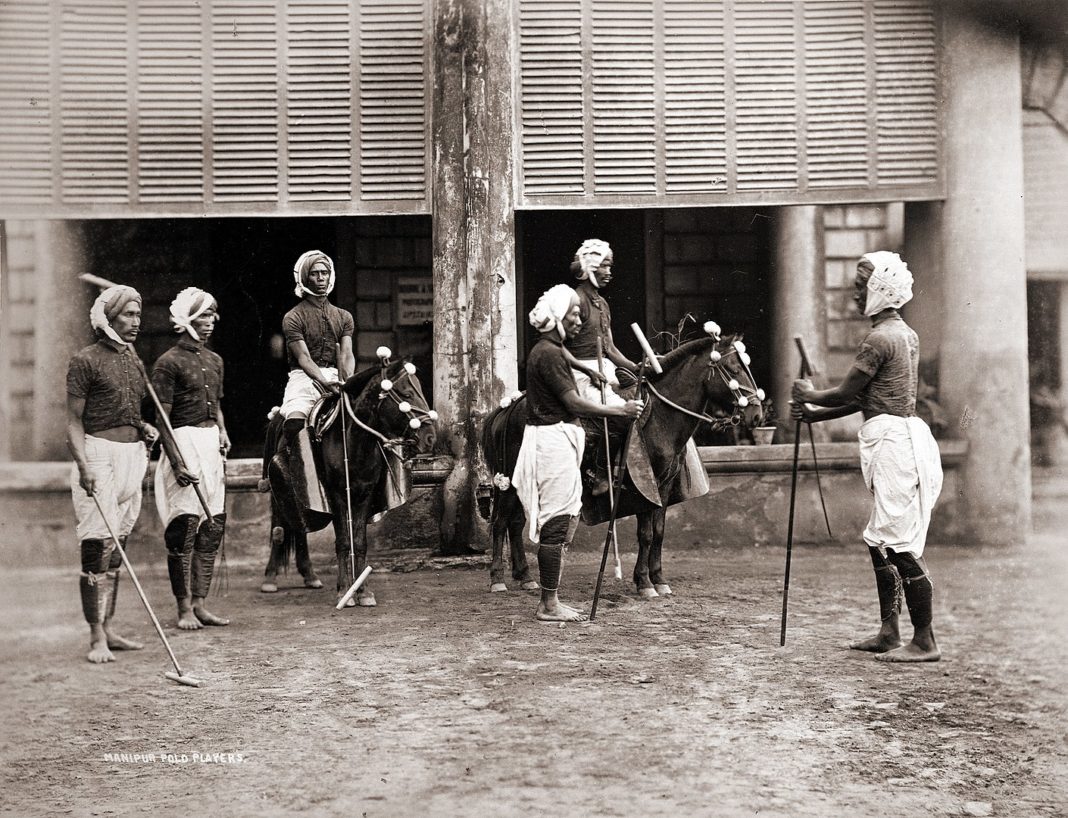The modern game of polo, though formalized and popularised by the British, is derived from Manipur (now a state in India) who played the game known as ‘Sagol Kangjei’, ‘Kanjai-bazee’, or ‘Pulu’. It was the anglicized form of the latter, referring to the wooden ball which was used, that was adopted by the sport in its slow spread to the west.

In 1862 the Calcutta Polo Club was established by two British soldiers, Captain Robert Stewart and (later Major General) Joe Sherer. They were inspired by the game in Manipur and later they spread the game to their peers in England.
The club runs the oldest and first-ever Polo Trophy, the Ezra Cup (1880), besides other old ones such as the Carmichael Cup (1910) and the Stewarts Cup (1932). In earlier days matches were played between various royal dynasties of India.

The glorious history of polo in India faded post-Independence, and it was gradually relegated to an inconsequential existence. After years of neglect, the Calcutta Polo Club was put in cold storage by the army in 1998 through a resolution. Lack of investment and proper infrastructure were the main impediments, but this historical institution was given a new lease of life by corporate houses, and the season was revived in 2006.
According to Wikipedia















